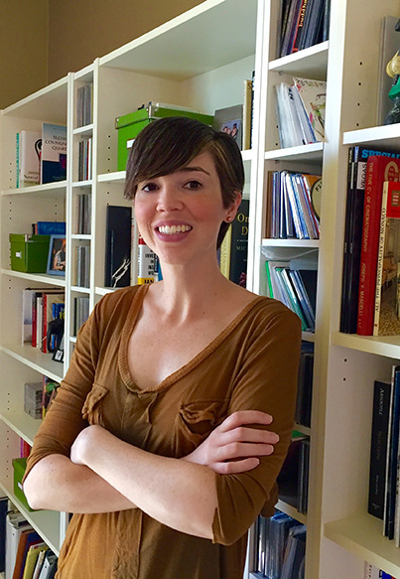
Misti Hewatt Yang, Mellon Assistant Professor of the Public Communication of Science and Technology, died March 23. She was 44.
A nationally ranked debater and National Mock Trial Champion during high school in Georgia, she earned her bachelor’s from Wellesley College in 2001. After working as an investment analyst in New York City, a car salesperson in Atlanta and a social media director in Las Vegas, she earned a master’s in communication studies from the University of Nevada, Las Vegas, in 2016 and a Ph.D. in communication from the University of Maryland in 2021.
At Vanderbilt, she taught courses in the Communication of Science and Technology program and held a secondary appointment in the Department of Communication Studies. She explored the rhetoric of technology as a critic and theorist of engineering cultures focused on the relationship between communication and ethical engineering practices, specifically the development of computational technologies and artificial intelligence.
“Misti was an inspiring role model for our students and was beloved by them. Over and over, ever since she first stepped into a classroom at Vanderbilt, I heard that from the students themselves,” said David Weintraub, professor of astronomy, professor of communication of science and technology and director of the CSET program.
“She was, by far, the best public speaker I’ve ever met. She brought a new depth of understanding to the CSET program. She encouraged all of us to include ethics in our teaching of the communication of science, and she encouraged us to expand our thinking about which students would benefit from CSET—helping me better understand the benefits of CSET for humanities-focused students,” he said. “She brought light and joy into my part of the universe and inspired me to be more thoughtful about my own work. We were lucky to have her here, though only for a short period of time.”
Yang’s research appeared in peer-reviewed journals, including Philosophy and Rhetoric, Rhetoric Society Quarterly, Communication and Critical/Cultural Studies and Rhetoric and Public Affairs. At the time of her death, she was completing a book about Joseph Weizenbaum, on whom she wrote her doctoral dissertation. Weizenbaum is often recognized as the creator of the first chatbot and was an early theorist of the rhetorical implications of artificial intelligence.
In an online remembrance of Yang, Damien Pfister, associate professor in communications at the University of Maryland and Yang’s doctoral adviser, wrote, “her timely dissertation explored the ethical uses of artificial intelligence—as usual, Misti was ahead of the curve in thinking about how new technologies would alter patterns of communication.
“In a too-short scholarly career, Misti published award-winning scholarship on chatbots, artificial intelligence and automation, registering how computational technologies challenge our theories of invention and judgment,” according to Pfister. “While we mourn the loss of Misti and the brilliance that was to come, her work offers a strong foundation on which ongoing conversations about rhetoric, artificial intelligence and ethics will build.”
Yang is survived by her husband, Robert “Bobby” Tinshon Yang; mother, Joanne Brooks Hewatt, and her partner Greg Bell of Grayson, Georgia; father, Franklin “Frankie” Thomas Hewatt and stepmother Janice Stowe Hewatt of Monroe, Georgia; sister, Shanda Hewatt Wread of Augusta, Georgia; and extended family, including numerous aunts, uncles, nieces, nephews and cousins.
A private memorial service will be held April 15.